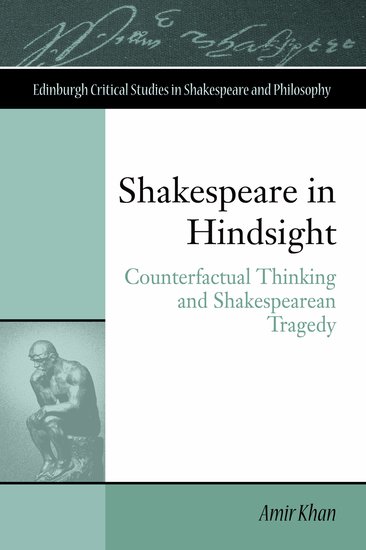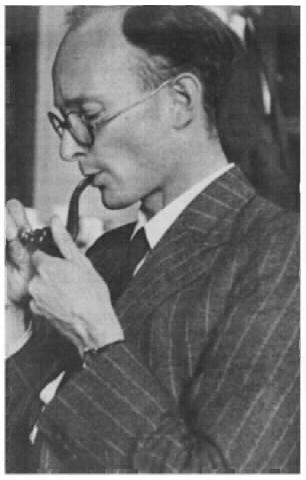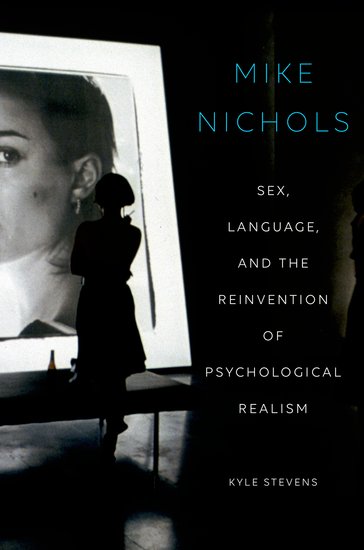Amir Khan, co-editor of Conversations: The Journal of Cavellian Studies (and longtime friend of this blog) has let us know that he is organizing a panel at this year’s Modern Language Association Conference (in Austin, Texas) titled “Cavell and Close Reading.” Information about that panel is below, together with abstracts for the papers to be presented.
Modern Language Association Annual Convention
January 7-10, 2016
Austin, Texas
Panel # 652. Cavell and Close Reading
Saturday, 9 January, 5:15–6:30 p.m., 5B, ACC
A special session
Presiding: Amir Khan, LNU-MSU College of International Business
DESCRIPTION
The so-called “crisis of the humanities” has had particular resonance in the field of English and literary studies and has had a deleterious effect on the practice of “close reading.” The formalist presuppositions the New Critics brought to the text at the outset via close reading, so the argument goes, led not necessarily to the same readings, but to a stance of disinterestedness that precluded more salient cultural critiques. The subsequent “cultural turn” in literary studies of the 1970s and 80s sought to address fundamental issues of power relations behind the cultural acts of meaning-making and identity-formation. Close readings that attempted to elucidate an aesthetic response without responding to the material conditions beyond the text that elicited said response were considered quaint. In many ways, the text receded from significance.
What has happened since to the critical practice of close reading? The cultural turn has since eaten its own children. It is increasingly obvious in literary studies that commenting from some ahistorical ur-position is a critical stance fraught with peril. Many literary critics recognize that whatever criticism is destined to look like moving forward, claims to objectivity are dubious. Professed, or performed, acts of critical subjectivity are perhaps more common nowadays; but these are still an extension of cultural critique, with more liberal use, say, of the first person pronoun. Critical acts of close reading centred on the text are still very much an anomaly in literary studies.
Strangely enough, the practice of close reading is gaining steam in philosophy. As Tzachi Zamir notes in his book, Double Vision (2012), philosophers are increasingly turning to the knowledge gleaned from literature or literary experience to articulate and express the limitations of traditional epistemic inquiry. Morality and ethics remain stable aesthetic categories to philosophers. But to acquire real moral or ethical knowledge, one must take steps beyond strict syllogistic reasoning and standard argumentative prose. Philosophers like Martha Nussbaum and Stanley Cavell have long since turned their sights to literature and close reading.
In providing a close reading of some of Stanley Cavell’s close readings of literature, this proposed MLA seminar has two goals. The first is to comment not on what literary knowledge is per se (as distinct, say, from philosophical knowledge), but on what type of knowledge we are afforded via close reading that remains inaccessible to, say, cultural critique. The first goal leads to the second, which is to discuss how or what Cavell’s close readings are doing when they do whatever it is that they are doing.
The three papers to be presented here both discuss and demonstrate the value and risks associated with close reading, in particular, by focussing on the close reading proclivities of one very popular practitioner of a dying practice. It is hoped that the parameters of what its revival might look like can be tentatively expressed.
ABSTRACTS
David Schur, Brooklyn Coll., City Univ. of New York
“Cavell and the Metapoetics of Walden”
This paper addresses the role of self-referential and recursive structures in Stanley Cavell’s study of Thoreau (The Senses of Walden). Cavell’s book is, self-consciously, devoted to a book that is in turn self-consciously concerned with being a book. And this broad sequence of readings embedded within readings opens an especially revealing vista on an important aspect of close reading; namely, the crucial relationship between, on the one hand, paying careful attention to a writer’s language and, on the other, recognizing how the complications of written language often reveal themselves through distancing gestures of self-reference. In other words, close reading thrives on cascading moments of metapoetic insight, even though at these moments the text is—in a noteworthy sense—withdrawing into itself and away from the reader. Here I explore this dynamic by arguing that Cavell’s close reading of Walden is largely propelled by features of writing that create distance rather than closeness.
Sara Saylor, Univ. of Texas, Austin
“Cavell’s Intuitions: ‘I See It Feelingly’”
Stanley Cavell’s foundational essay “The Avoidance of Love” (1969) exemplifies close reading in the traditional sense of careful attention to textual detail. But I argue that this essay also illuminates a second sense of “closeness”—intimacy—as vital to criticism. For Cavell, to read closely is not to scrutinize a text as through a microscope, but to become vulnerable in its presence, submitting oneself to painful self-revelation. To chart the emergence of this dual sense of close reading in Cavell’s discussion of King Lear, I consider moments when Cavell weighs critical accounts against his “experience of the play” and describes the feelings that animate his readings, including the “terror” at Gloucester’s confrontation with Lear that forms the heart of his meditations on shame and avoidance.
Cavell anticipates the recent rise of openly personal criticism that foregrounds emotional experience rather than pretending to objectivity. Yet he also perceives the risks of solipsism and sentimentality inherent in such approaches, and he questions the explanatory value of emotions: “the validity of… feelings as touchstones of the accuracy of a reading of a play, and which feelings one is to trust… ought to be discussed problems of criticism.” The touchstone image evokes contact and friction, implying that compelling criticism emerges when experience and interpretation (in Emersonian terms, intuition and tuition) confront each other up close. Cavell admirably refuses to solve these “problems of criticism,” but his essay remains a model and a provocative touchstone for our own efforts to fuse careful reading with emotional engagement.
Bruce Krajewski, Univ. of Texas, Arlington
“Little Did He Know: Cavell Absorbed by Nietzschean Esotericism”
My aim is to show, using Cavell’s own trope in his section on Nietzsche in Cities of Words (2004), that Cavell is a victim of Nietzschean vampirism (etymologically, absorption is being “sucked in”). That is, that Cavell fails to read Nietzsche as well as Heidegger as esotericists, and thus falls victim to their pernicious ideology. Nietzsche in his Nachlass had proclaimed: “My writings should be so obscure and incomprehensible!” In Cities of Words, Cavell portrays Nietzsche as a champion of a kind of independence, a methodology for “becoming who you are,” à la Charlotte in Now, Voyager. It is a crucial hermeneutical problem that Cavell takes Nietzsche at face value, despite ample evidence (e.g., Geoff Waite’s Nietzsche’s Corps/e – Duke 1996) that Nietzsche, like Heidegger, kept the real agenda at work off the main stage. Cavell also admits in his autobiography Little Did I Know that Cavell thinks Heidegger’s dalliance with National Socialism was “impermanent,” and does not seem to link it to Heidegger’s extended interest in Nietzsche nor Heidegger’s propagation of Nietzsche’s work. As early as 1921, Heidegger had written to Karl Jaspers about forming a “invisible community” of those interested in the philosophical topics occupying Heidegger. In Being and Time, Heidegger has written that “the ultimate business of philosophy is to preserve the force of the most elemental in which Dasein expresses itself, and to keep it from common understanding.” This is of a piece with Nietzsche’s comments in his Nachlass that his works are not meant for common, ignorant people.
In a recent brief and elliptical discussion the poet Charles Bernstein has with Cavell about Heidegger and National Socialism, Cavell is at pains to suggest that he would think differently about Heidegger, had Heidegger “actually laid hands on people.” This misses the point of esoteric politics bent on war. One has others put hands on people, while one’s own hands remain seemingly unstained. It’s a version of drone wars at which philosophers excel. Cavell seems to have no idea of what it means for Nietzsche to have described himself as “dynamite,” and to have predicted his own rise from the dead: “To be ignited in 300 years – that is my desire for fame.”




